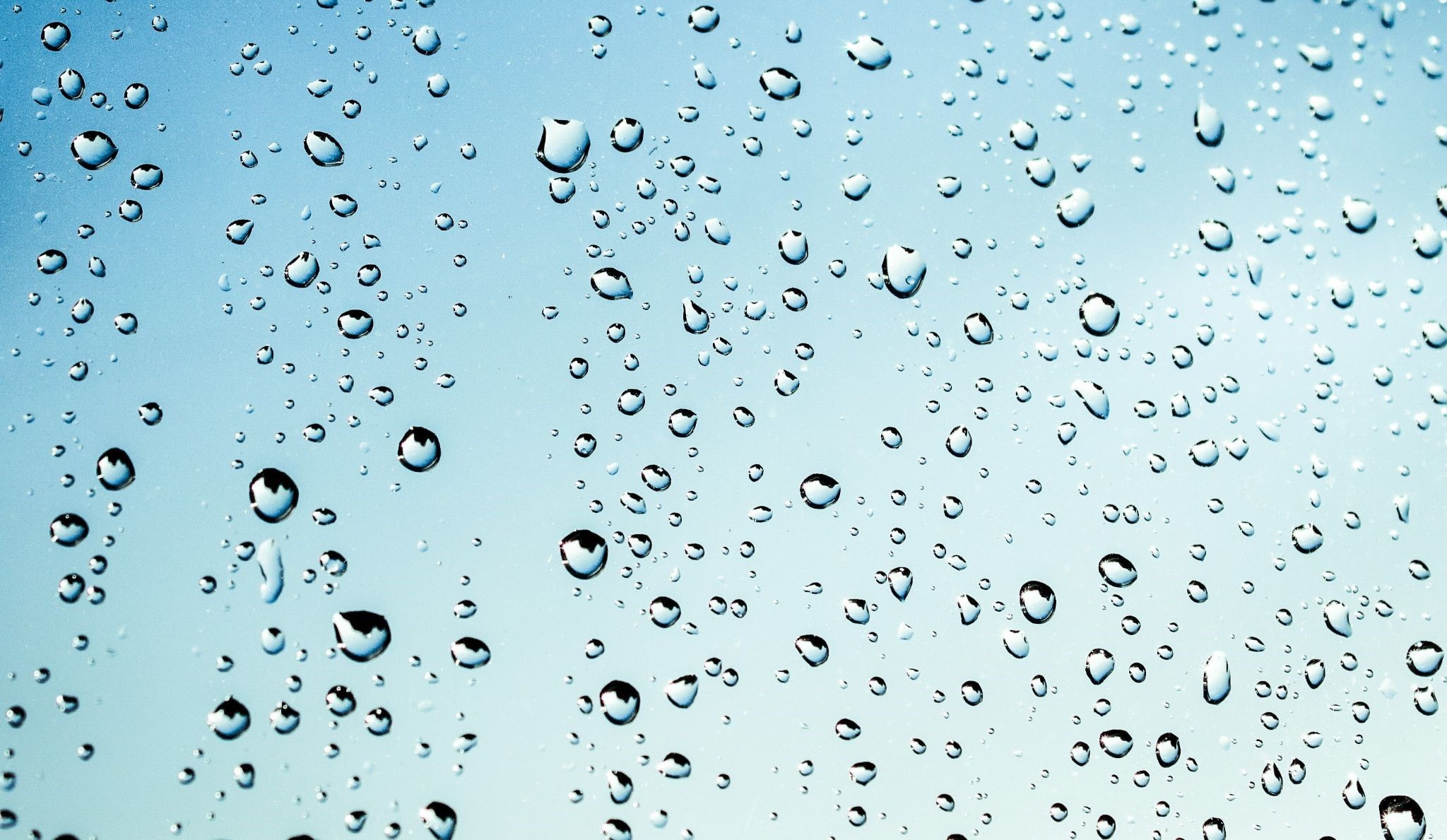
Friends, pay more attention to what you eat and drink – you probably will not be surprised by such a request, because we remind you of this in almost every article. Because among the tasks of the Association is to share knowledge about healthy eating, “health-improving” information. We talk with nutritionists, nutritionists and other professionals to help you take care of your health and listen to your body.
We have not yet talked about how important it is to give the body fluid – so today there will be a lot of water under the sodden cover on the pages of SuperFood.
Did you know that you cannot drink food? Have you heard about how bad it is to drink after eating? Do you drink two liters of water a day without fail (not counting other drinks)?
If you have positive answers, then you believe at least one of these myths about drinking regimen.
What is a drinking regimen? This is the daily order of fluid intake. It is determined by the amount and frequency of drinking, chemical composition and physical properties;
The drinking regime is different for everyone – it is associated with the state of health, climate, human mobility and other indicators.
Neglecting water – as well as eating a balanced diet – is unhealthy and dangerous. It has vital properties: it transports nutrients, oxygen; regulates body temperature; helps to cleanse the body, moisturizes mucous membranes, affects the condition of the skin, intestines, and so on.
50–80% of a person’s body weight is water (such figures are given in different sources). There is, of course, a difference between 50 and 80, but this variation is related to individual performance. The percentage of fluid depends on the person’s weight, gender, age, and other factors.
Let’s move on to the most common myths, which many have heard more than once since childhood, mistaking for the truth.
Myth 1. The daily intake of pure water is 2.5 liters.
In fact, these numbers are very individual. 2.5 is a very generalized indicator. People have different physical capabilities, different activity, mobility; gender, age, state of health … Your water consumption rate depends even on climate and weather.
The rate of fluid you drink per day can be prompted by your body.
But you shouldn’t “forget” to drink. If you find it difficult to follow the drinking regime, then you can set yourself reminders.
The body will not deceive you. He always lets you know when he lacks water – and, conversely, when there is an excess of liquid.
You will be “informed” about dehydration in the form of severe thirst, dizziness, fatigue, occasional urination and a general state of weakness (you should not let it go by itself, it is better to consult a doctor).
About an excess of water in the body – overhydration – the state of health will also not be silent. Symptoms include a violation of the water-salt balance, swelling, convulsions, increased stress on the kidneys … In any case, the symptoms can speak of different things, and you cannot self-medicate.
You need to drink when you want it, and not force yourself to drink the “norm.”
Myth 2. The daily drinking rate is pure water excluding other drinks.
Liquid is not only water: it is also found in foods – for example, vegetables, fruits, berries, meat. Coffee, tea, juices and other drinks, of course, along with water enter the body as liquid.
When your diet is varied, it instills the habit of drinking enough fluids and feels like a pleasant experience.
Clean water is really necessary and important for the body. But other drinks also help to maintain a drinking regime.
By the way, the next one follows from the described myth: that coffee should be washed down with water. This is also not the case – coffee has a diuretic effect and, as we have already found out, is also an “independent” liquid.
Myth 3. Food cannot be washed down. And you shouldn’t drink for some time after eating.
“Because the water washes away the food – because of this, the food is poorly absorbed.” This is not true. Fluid, on the other hand, facilitates the passage of stomach contents into the esophagus.
Remember that there are no strict rules on how to drink water – everything is individual.
You can’t go wrong if you listen to your body more often and take care of yourself.
We remind you that we have a YouTube channel – and by the link below you can go to the source: a speech by nutritionist Ekaterina Slobodyanyuk about the myths about the drinking regimen.
The material was prepared by Alexandra Goryunovа
